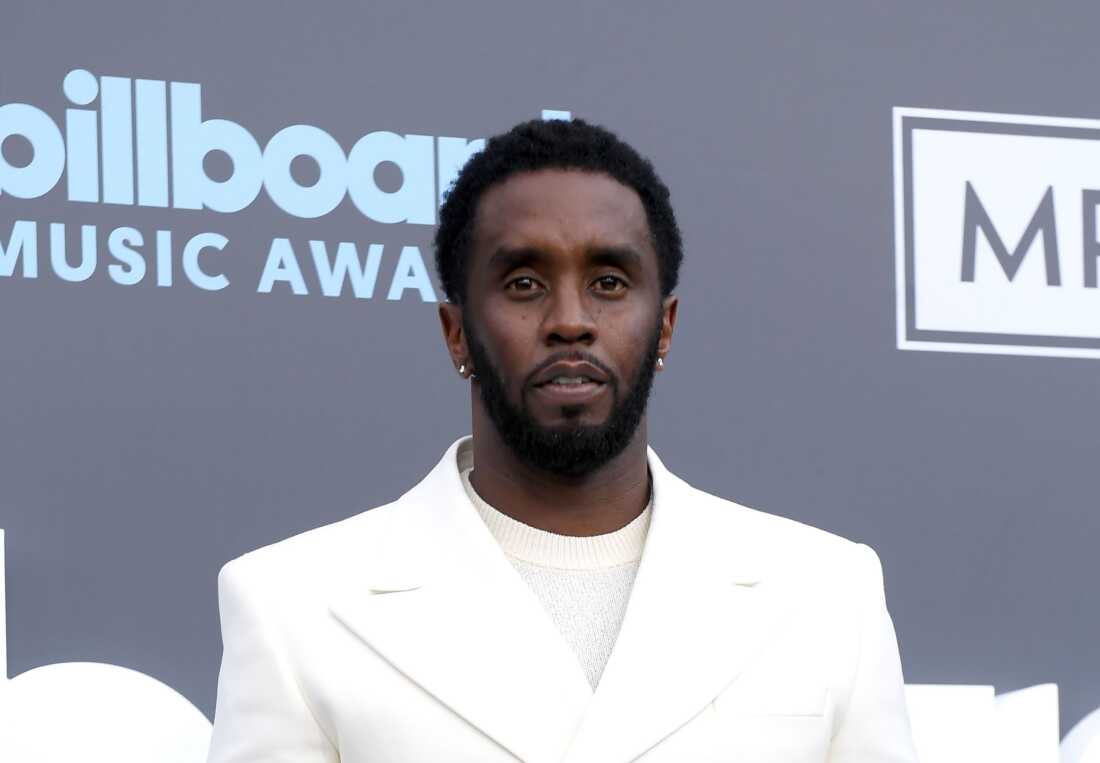Sean “Diddy” Combs, the prominent music mogul and entrepreneur, has found himself back in custody at a Brooklyn facility as he awaits his sentencing. This development follows a series of legal challenges that have garnered significant media attention and public scrutiny regarding his actions and their implications.
Combs, who has made a name for himself in the entertainment industry through his work as a producer, rapper, and businessman, is facing serious charges that have culminated in this latest turn of events. The legal issues surrounding him have sparked discussions about accountability and the repercussions that high-profile individuals face when entangled in criminal activities.
His return to jail has raised questions about the nature of the charges against him and the potential consequences he may face. While details about the specific allegations remain closely monitored, it is clear that the legal landscape for Combs has become increasingly complicated. The forthcoming sentencing is poised to carry significant implications not only for his career but also for his public image.
The entertainment industry has been no stranger to legal controversies, and Combs’ situation serves as a reminder of the challenges that can arise for even the most successful figures. As a celebrity, he has been under the spotlight for years, and the current legal troubles have put his past actions under further examination. Fans and critics alike are keenly watching how this situation unfolds, especially given Combs’ longstanding influence in music and culture.
As he awaits sentencing, discussions about the broader implications of his case have emerged. Many commentators have pointed out that cases involving well-known personalities often highlight issues of privilege and fairness within the justice system. The public debate surrounding Combs’ situation raises questions about how celebrity status can impact legal outcomes and societal perceptions of justice.
In the lead-up to his sentencing, Combs’ legal team continues to navigate the complexities of the case. They are likely preparing arguments that may mitigate the consequences he faces, emphasizing his contributions to the community and the entertainment industry. The strategy employed by his lawyers will be crucial as they seek to influence the judge’s decision during the sentencing phase.
The impact of this case extends beyond Combs himself; it resonates with broader societal themes regarding accountability and the consequences of one’s actions. As a public figure, Combs has a unique platform that can shape discussions around various issues, including legal ethics and personal responsibility. His situation invites a closer examination of how society views the intersection of fame and accountability.
Diverse responses have emerged regarding Combs’ legal issues. Some backers voice their worry for him, calling for empathy and a chance for atonement, while detractors emphasize the importance of ensuring influential people are responsible for their deeds. This contrast highlights the complicated nature of public opinion towards figures like Combs, who have reached remarkable achievements but confront grave accusations.
As the date for sentencing nears, the excitement continues to rise. Observers are curious to see how the court will handle the accusations against Combs and what the consequences will be. This case’s result could have enduring effects on his career and legacy, affecting how he is remembered in the annals of music history.
In conclusion, Sean “Diddy” Combs’ return to a Brooklyn jail ahead of his sentencing marks a critical moment in a legal saga that has captivated the public’s attention. As discussions surrounding his case unfold, they reveal deeper societal concerns about justice, accountability, and the role of fame in the legal system. The coming weeks will undoubtedly be pivotal in determining not only Combs’ future but also the conversations surrounding celebrity culture and responsibility in today’s society.
